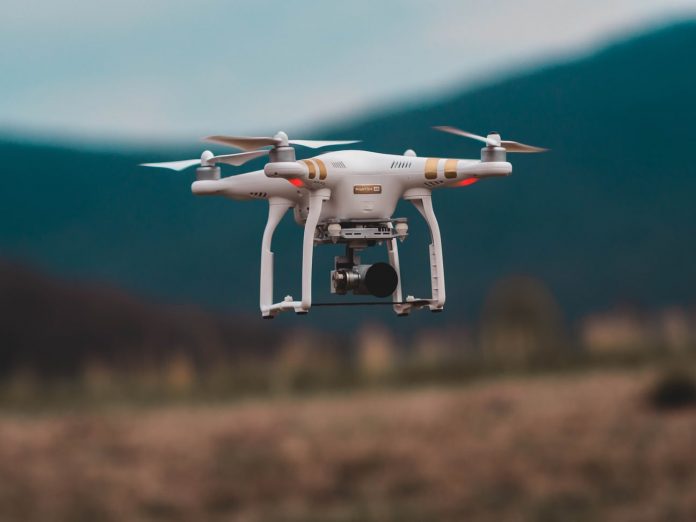Droning is quite popular these days, and many people are getting into the hobby without too much trouble – even those without serious technical skills. It’s no longer a fundamental requirement to know your way around computers and electronics in general if you want to operate a drone. But if you want to build your own, or even customize pre-made market models, you’ll need to get your hands dirty and learn a thing or two about how they work. The thing about drones is that they combine knowledge from multiple different fields, and it’s important to explore all of them if you want to see the full picture.
Electronics
There’s no way around it – being an electronic device, a drone requires a good understanding of gadgets in order to modify. You should start with a basic PCB design course if you’re not sure how to even approach this. The amount of knowledge you’ll have to cover is quite significant, but at least it can be learned incrementally very well. That is, you’ll find yourself building on what you’ve learned very easily, and your learning will keep getting smoother and smoother over time.
Physics
It might seem like you’re just spinning up four propellers, but the kinds of physical calculations that happen under the hood of a modern drone are nothing short of amazing. You don’t need to get a full degree in mechanics to understand flight physics, but you should definitely go through at least one formal basic course on the subject. Prepare to brush up your math because you’re going to need to solve various semi-complex equations if you want to control something like a drone zipping through the air. In fact, this is probably one of the most beneficial fields to hit hard in because it can lay a solid foundation for your future learning progress.
Advanced Programming
Last but not least, even if you’re a competent programmer already, you should check out some courses with more advanced material. Low-level programming, working with assembly, writing to registers directly, bit operations, and all sorts of things like that will be important if you want to squeeze every last bit of performance out of those tiny chips. And that will be quite important because drones often suffer from the problem of finding the right balance between programming complexity and battery use. Learning to write clean, optimized code that runs on low-level hardware is one of the best things you could do as far as improving your technical aptitude goes.
Be patient, too. Learning something like this can take quite a long time, even if you already have some experience in one of those fields. The way they are combined when working with drones is on a whole new level, and you might be shocked by the sheer complexity of it all. But in the end, this is also one of the most fun hobbies you can take up, and it can be a very rewarding one in the long run.










